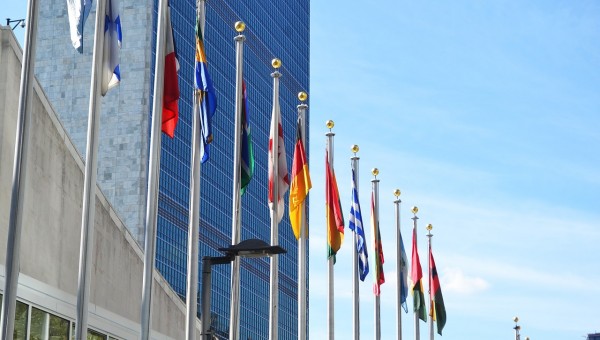
2016 marks the first year after the adoption of three major international outcome documents: the Addis Ababa Action Agenda, the 2030 Agenda for Sustainable Development and the Paris Agreement on Climate Change. To implement these decisions and agendas, all countries will need to step up the mobilization of domestic resources and increase international cooperation.
One of the decisions of the 3rd International Conference on Financing for Development in this regard was to strengthen the work of the UN Committee of Experts on International Cooperation in Tax Matters (UNTC) through enhanced resources, increasing the frequency of its meetings to two sessions per year, and through increasing its legitimacy by selecting its members by equitable geographical distribution and different tax systems.
At the same time, the United Nations together with the IMF, the World Bank Group and the OECD have set up a Platform for Collaboration on Tax and the OECD has founded the Inclusive Framework on BEPS Implementation to allow for developing countries to participate “on equal footing” in the continuation of the BEPS process.
The side event intends to provide an opportunity to learn and discuss where the reform of the work of the UN Tax Committee currently stands more than one year after the adoption of the Addis Ababa Action Agenda. Since then, many initiatives have been developed and others have been re-articulated. What is the relationship among these different initiatives and are they actually enhancing international cooperation in the spirit of the AAAA? Has the goal “that efforts in international tax cooperation should be universal in approach and scope and should fully take into account the different needs and capacities of all countries, in particular least developed countries, landlocked developing countries, small island developing States and African countries” been achieved? What is the future role of the UN with respect to international cooperation in tax matters?
In various fora during the cause of 2016 as well as in a recent paper on Options for strengthening global tax governance the state of progress in this regard has been discussed. You are cordially invited to join us for this side-event, that we hope can bring these discussions to the UNTC and help continue this conversation.
